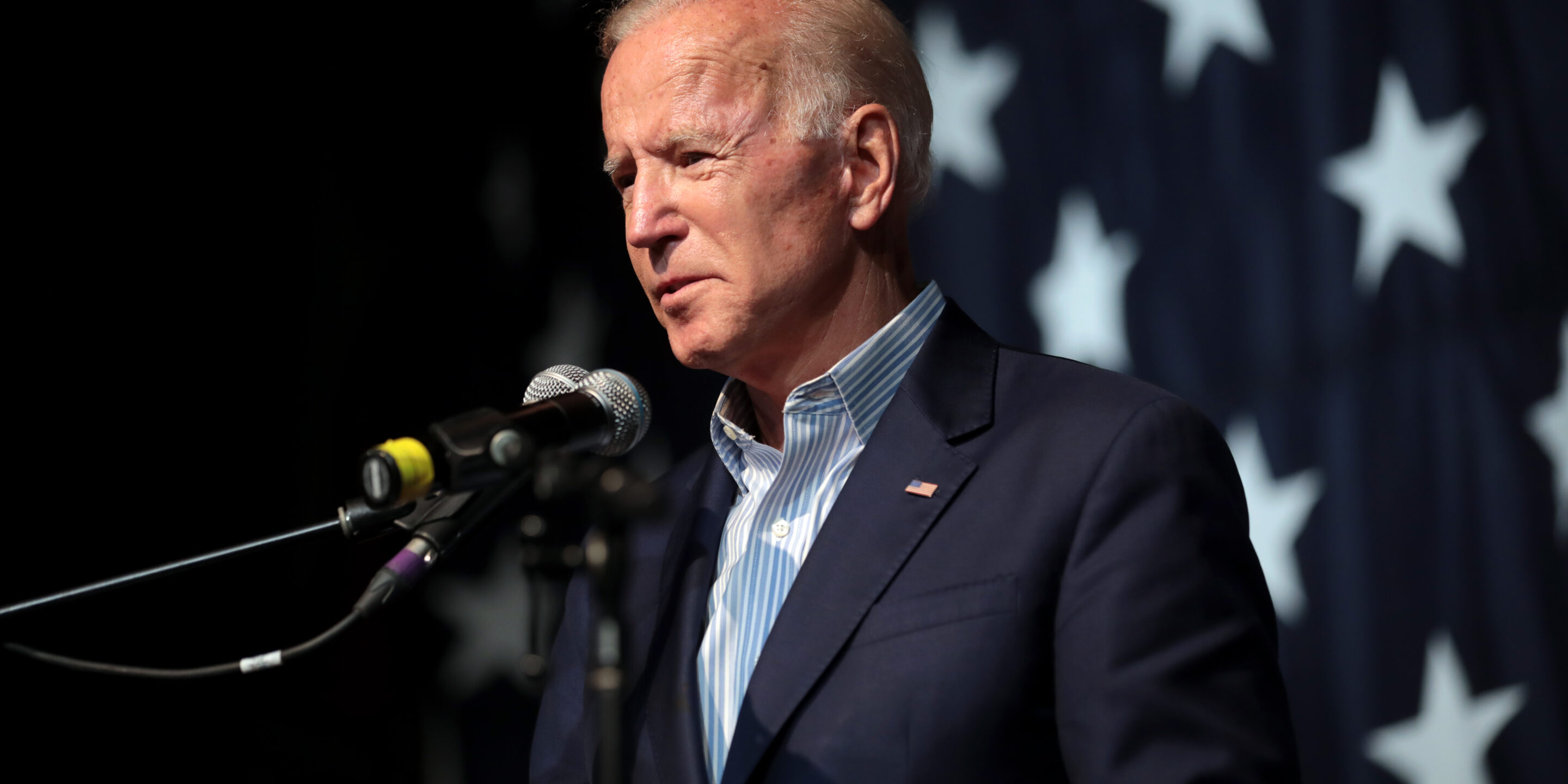May 10, 2024
Biden’s foreign policy dream is embroiled in risks with little reward

Foreign policy wins under Joe Biden’s administration have been in short supply. Yes, the president has done an admirable job cobbling together a durable coalition with Europe on behalf of Ukraine as it defends itself against Russia’s aggression. And unlike previous administrations, which paid lip service to the Indo-Pacific being a priority, Biden actually seems to believe it — the State Department and Pentagon have spent considerable time bringing East Asian allies onside and even brokered an entente of sorts between Japan and South Korea, two U.S. allies who had a years-long spat over World War II-era history.
Still, the kinds of grandiose diplomatic agreements that earn presidents privileged spots in the history books are nowhere to be found. Richard Nixon had his pivot to China and detente with the Soviet Union. Jimmy Carter had the Camp David Accords between Israel and Egypt. Ronald Reagan had the Intermediate Range Nuclear Forces Treaty with Mikhail Gorbachev. Bill Clinton had the Oslo Accords between the Israelis and Palestinians (although we all know how that turned out). Barack Obama had the Iran nuclear deal. Biden, so far, has nothing.
An Israel-Saudi normalization deal is supposed to change all that. In the administration’s view, it would have transformational potential for the Middle East. Israel and Saudi Arabia, two of Washington’s closest partners in the region, would finally bring their relations out into the open after years in which they collaborated in the intelligence sphere. Biden, Israeli Prime Minister Benjamin Netanyahu and Saudi Crown Prince Mohammed bin Salman (MBS) would all win: Biden would surpass the Trump administration’s Abraham Accords; Netanyahu would earn the honor of being the Israeli premier who normalized the Jewish state’s ties with the most significant power in the Arab world; and MBS would get a crucial partner to contain Iranian influence.
What’s good for Biden’s legacy, however, isn’t necessarily what’s good for the United States. While that may sound overly politicized, you only need to take a glance at what the U.S. would have to give up in order to get the deal Biden craves so badly.
Author

Daniel
DePetris
Fellow
More on Middle East

By Charles Peña
December 16, 2024
Events on Middle East







